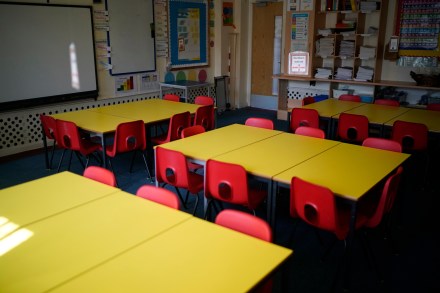Is Ben & Jerry’s really best placed to lecture Priti Patel?
Yesterday afternoon, the ice cream brand Ben & Jerry’s made an unusual contribution to the debate over how best to deal with migrants crossing the English Channel. In a series of tweets, the ice cream corporation blasted the Home Secretary Priti Patel, and advised her that the ‘real crisis is our lack of humanity for people fleeing war, climate change and torture.’ In response, a Home Office source hit back, telling the BBC that the government wasn’t afraid of ‘upsetting the social media team for a brand of overpriced junk food’ if it meant deterring migrants from crossing the Channel. It’s perhaps strange enough that an ice cream brand has





















